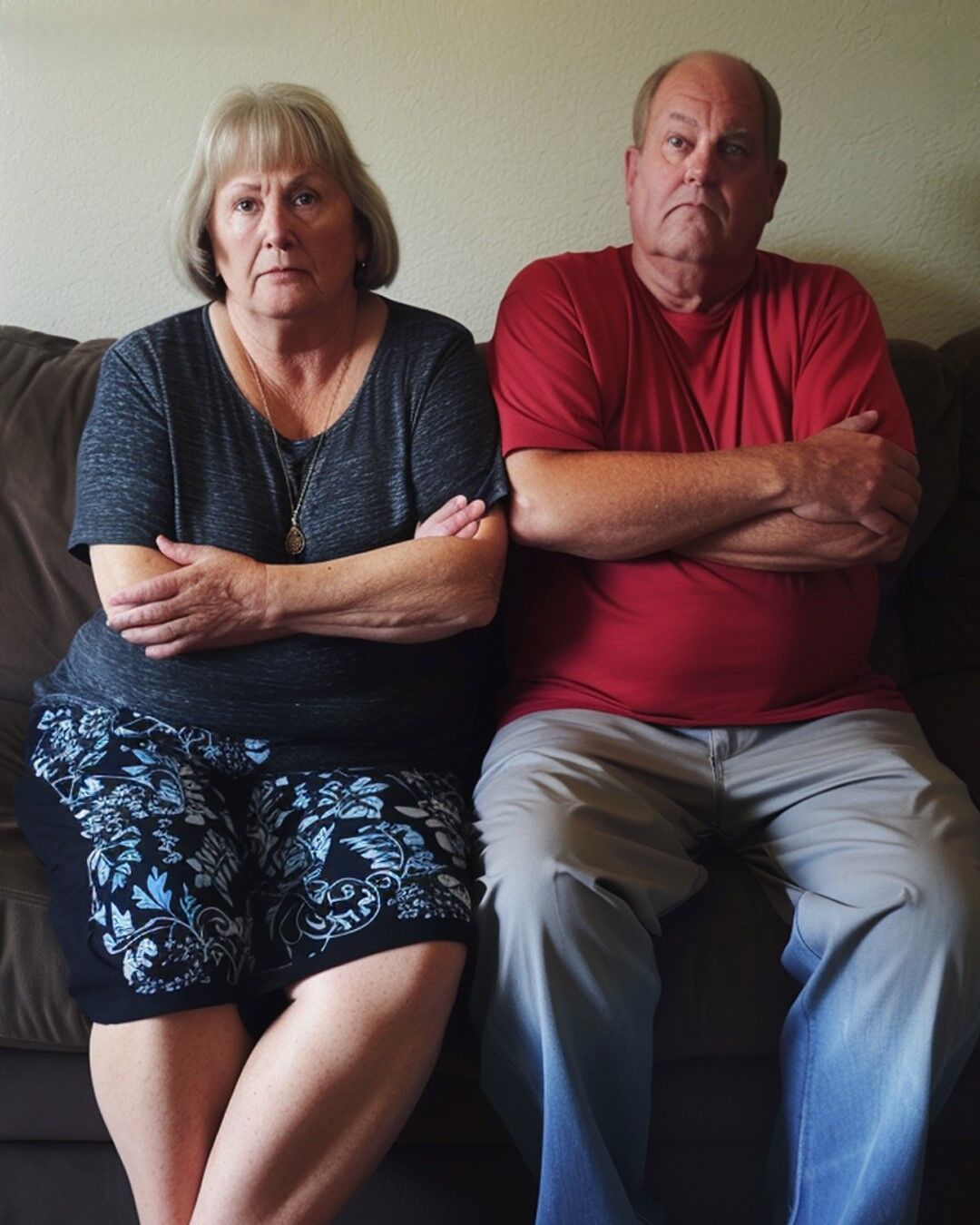Some say family means forgiveness no matter what. But I learned that real respect sometimes only comes when you stand up for yourself—even against the people who raised you.
My great-aunt Martha was the only woman in our family who broke every expectation. She was brilliant, fiercely independent, and believed deeply in the power of education for women. “A woman with an education has choices,” she told me once. “And choices mean freedom.” She opened savings accounts for every girl in the family to help them go to college. Mine had $75,000 in it. “It’s all yours,” she said. “No one can touch it but you.” I promised her I’d make her proud.
When she passed away, I was devastated—but I clung to that promise. I worked hard through high school, and unlike most of my classmates, I didn’t worry about student loans. I had a future, thanks to a woman who believed in me.
Until I went to the bank.
My balance was only $13,000. I thought there had to be a mistake. But the bank teller showed me a list of withdrawals—all signed with my name. But I hadn’t signed anything.
I rushed home, heart pounding. “Where’s the money Aunt Martha left me?” I asked my parents.
“Oh, that?” my mom said casually. “We used it.”
“For what?”
“My wedding,” my brother James chimed in. “The house. Dad needed help with his business. We all benefited.”
“You stole my future!” I shouted.
“You’re being dramatic,” my mom replied. “You signed those college papers last year. We used your signature. Besides, your brother’s a man—he needed stability.”
James laughed. “What were you going to do with it? Get some useless degree? I did something meaningful. I got married.”
I was stunned. They had used my trust like a weapon. I packed my things, took out loans, and left. They painted me as selfish in our community, claimed I abandoned them over “a little money.”
Then I found it. Hidden among Aunt Martha’s things was her original will. She’d written a special clause—if anyone else used the funds she left for my education, they would have to repay every cent or face court. It was legally binding.
I returned to my parents’ house with a lawyer. At first, they laughed—until I placed the will on the table. Their faces changed instantly. My brother turned pale.
“You’re not really going to sue us,” he said.
“Watch me,” I replied.
They panicked. My dad yelled, my mom begged, and James offered to “pay it back” if I dropped the case. “Great,” I said with a smile. “Let’s make it official.”
When they realized I wouldn’t back down, they called me heartless. But I wasn’t the one who broke trust. They did. And now, they were scrambling to fix what they stole.
If they had just asked—if they had shown me a shred of respect—maybe I would have helped. But they chose to lie, to forge, to take. So now, I’m taking back what’s mine—with Aunt Martha’s words echoing in my heart.
A woman with an education has choices. And I choose not to be walked on.
